The views expressed in our content reflect individual perspectives and do not represent the authoritative views of the Baha'i Faith.
Born in the mid-1800s, the Crow Chief Plenty Coups’ role as a warrior was to “throw” his coup stick, a beribboned lance.
That lance defined the boundary beyond which an encroaching enemy, in times of war and conflict, was forbidden to cross, and it was bravely thrown in full view of that enemy.
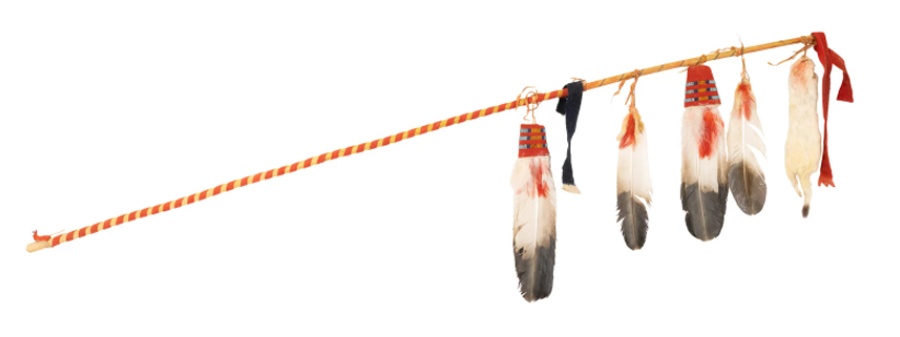
But once removed to a reservation, Plenty Coups was no longer permitted to practice that defining heroic virtue, especially against the Sioux, the Crow’s most persistent traditional foe.
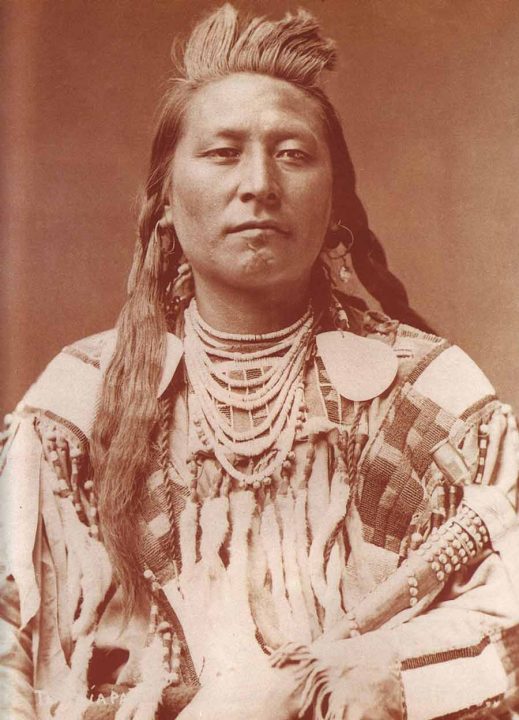
The coup stick is a sacred object within Crow cosmology, the very axis of Crow virtue, an essential instrument of honor, strength, courage, goodness, and love all at once, the definitive marker of Crow responsibility and moral meaning. Indeed, the so-called concept of coup also informed the courageous martial act of touching an enemy combatant prior to engaging him, as well as all aspects of Crow marriage and community life and the raising of children, in addition to planting the coup stick itself.
But once on the reservation, Plenty Coups suffered from “Crow anxiety” and experienced a “subjective catastrophe,” according to his most recent biographer Jonathan Lear. He was now mournful and depressed because the meaning of coup was disregarded amongst the Crow, if not absent altogether. In fact, according to Lear, Plenty Coups and his people lived in a culture in collapse.
Remarkably, however, Chief Plenty Coups chose to throw his coup stick anyway, and in a most radical and imaginative way. He planted it at a hot, bellicose boundary, for sure, and in full view of the enemy, at Arlington National Cemetery on the occasion of the first annual commemoration of the Tomb of the Unknown Soldier, to which he had been invited, in 1921.
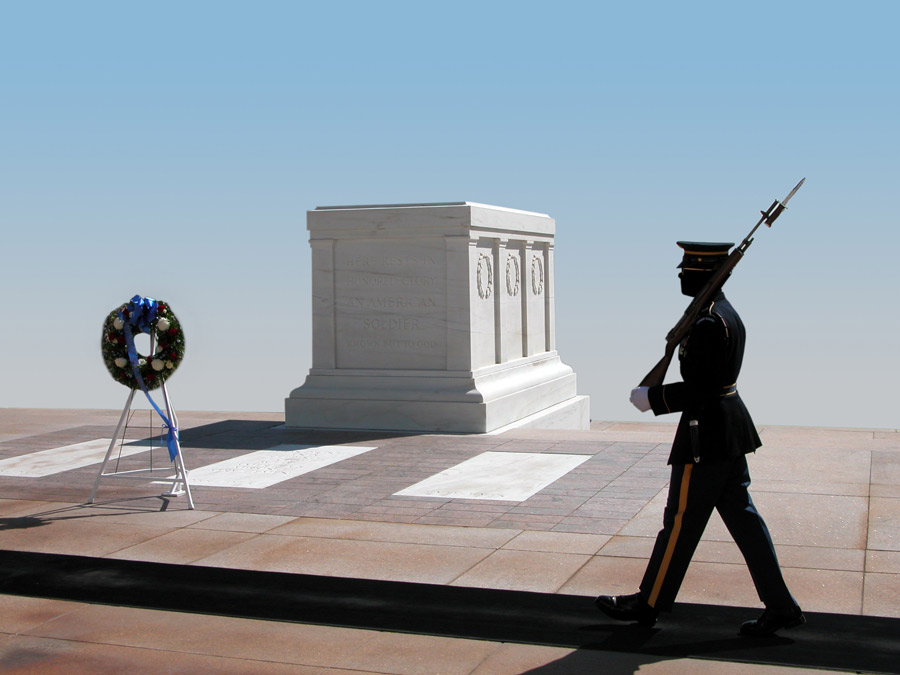
According to his biographer Lear, at that moment Plenty Coups transformed as a man and chief, from being a singular suffering member of an ancient plains People to a visionary activist on the stages of modernity, suddenly less isolated and helpless, to one superior in virtue to the world that attempted to crush him.
He had exchanged his identity from one exclusively Crow to one transcendent and global by means of his coup stick, that tool of virtuous action and moral meaning – not by surrendering it but by reaching into his culture’s reservoir of Crow virtue and planting it defiantly, and by amplifying and imaginatively re-interpreting it.
But in sharing the story of Plenty Coups, I do not mean to “appropriate” the private sacrament of this man, and to claim that I understand coup from the inside out. I don’t. I will face, I am sure, the charge that I have trespassed here as a Euro-American. I will respond that I intend to learn from Plenty Coups how better to throw a coup stick of my own making, the one most needed, and in full view of the encroaching enemy of racial animosity, religious prejudice, and mind-numbing materialism, all of which threaten the world as humanity’s direst enemies today.
For it is my prerogative and responsibility as a Baha’i, to approach Plenty Coups, he in his cosmology, me in mine, without the itch to “convert” him, and to speak from my heart and to tell you why his example still matters.
I would stand with him if he would allow it, bearing my own version of coup, which, in my case comprises altogether those virtues of love, patience, kindness, compassion and courage to which, as a Baha’i, I subscribe to the best of my ability, those sacred implements which define and constrain the on-rushing and hurtful world.
Luckily, I already know that virtue is not just a rigid concept, a church-blessed badge of self-righteousness, but rather a sizzling sensibility which resonates throughout the body, mind, and spirit and which, if activated, if not a coup stick exactly, serves the deepest moral and spiritual obligations of being human.
Indeed, consider what Baha’u’llah wrote about human virtue:
The purpose of the one true God in manifesting Himself is to summon all mankind to truthfulness and sincerity, to piety and trustworthiness, to resignation and submissiveness to the will of God, to forbearance and kindliness, to uprightness and wisdom. His object is to array every man with the mantle of a saintly character, and to adorn him with the ornament of holy and goodly deeds. – Gleanings from the Writings of Baha’u’llah
Therefore, if the inculcation of virtue provides our basic human purpose, then to be deprived of it is to experience a subjective catastrophe, and to suffer a serious strain of Crow anxiety, or worse, succumb to spiritual death – because no manner of material riches, or bodily strength, or physical beauty can substitute for a heart and soul empty of virtue:
No matter how handsome and perfect the body may be, if it is deprived of the spirit and its animus, it is dead. But when that same body is affiliated with the spirit and expressing life, perfection and virtue become realized in it. Deprived of the Holy Spirit and its bounties, man is spiritually dead. – Abdu’l-Baha, The Promulgation of Universal Peace
In fact, the widespread modern psychological maladies of depression, violence, loneliness, and addiction, let alone racism, misogyny, and fear of the Other, link directly to the insidious tyranny of materialism, which blankets the land and blunts our purpose. For virtue, like breathing, seeing, and feeling, is not a mere idea or choice exactly, but of the blood, like hunger and thirst. More than a philosophy, it deconstructs and dispels the disordered world and defines the boundary between Earth and heaven. It is the pulse and the propellent, the point of the coup stick itself. Virtue, whether understood as Crow, or Christian, Jewish, Muslim, or Baha’i, leaves us no choice.
It forms the increments of spiritual reality, just as coup defines the Crow universe. Though their applications are different, both virtue and coup carry ethical consciousness and holy susceptibility. Both shape the mind and prompt the heart. If we neglect the story of Plenty Coups, then we fail to understand the profound fracture between Native and Euro-American, for one thing.
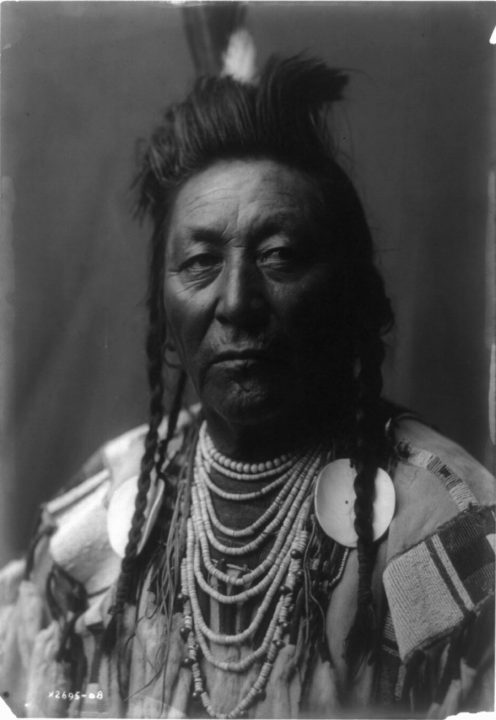
As Baha’is, we have one focus, to touch the heart of the stranger and the enemy, in full view, in public, with stealth if necessary, at the Tomb of the Unknown Soldier, or anywhere, or we fail in the application of that sharpest and most profound virtue, the courage to love.
In this way Plenty Coups’ action at Arlington National Cemetery helped define a vast field of social justice endeavor and spiritual effort, of change and transformation, still to come.
Because Plenty Coups was an Indigenous man, especially so, a social exile and victim of racial oppression, he remains a protagonist in a global drama. By telling his story, I bring him forward into a sacred space where such things can be discussed dispassionately, and where we all have things to say, just as he wished:
“I am glad I have told you these things, Sign-talker. … You have felt my heart, and I have felt yours. I know you will tell only what I have said, that your writing will be straight like your tongue, and I will sign your paper with my thumb, so that your people and mine will know I told you the things you have written down.” – Crow Chief Plenty Coups, speaking to one of his biographers, in Jonathan Lear’s Radical Hope, p. 1.
Plenty Coup’s virtuous deed reverberates for me even 100 years later, and I dare appropriate, as a Euro-American, his subtle, elegant transformative lesson in social action and spiritual revival.


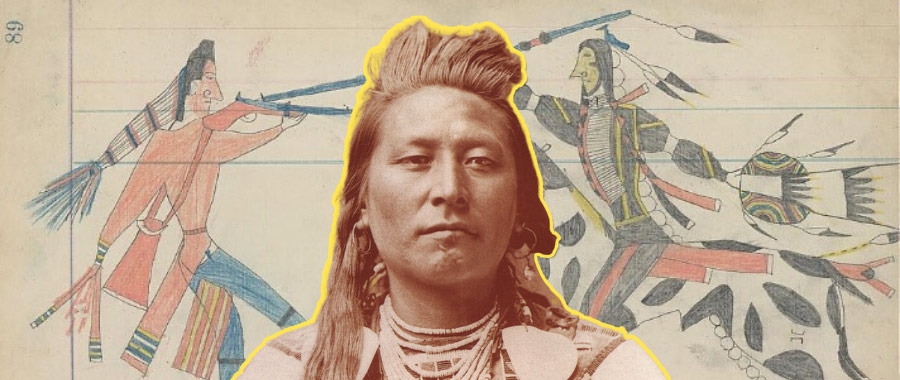


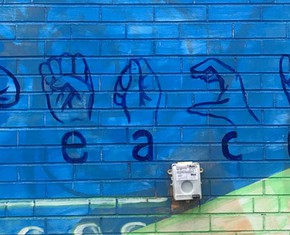
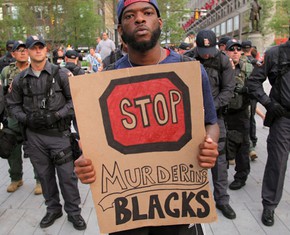









Comments
Sign in or create an account
Continue with Googleor